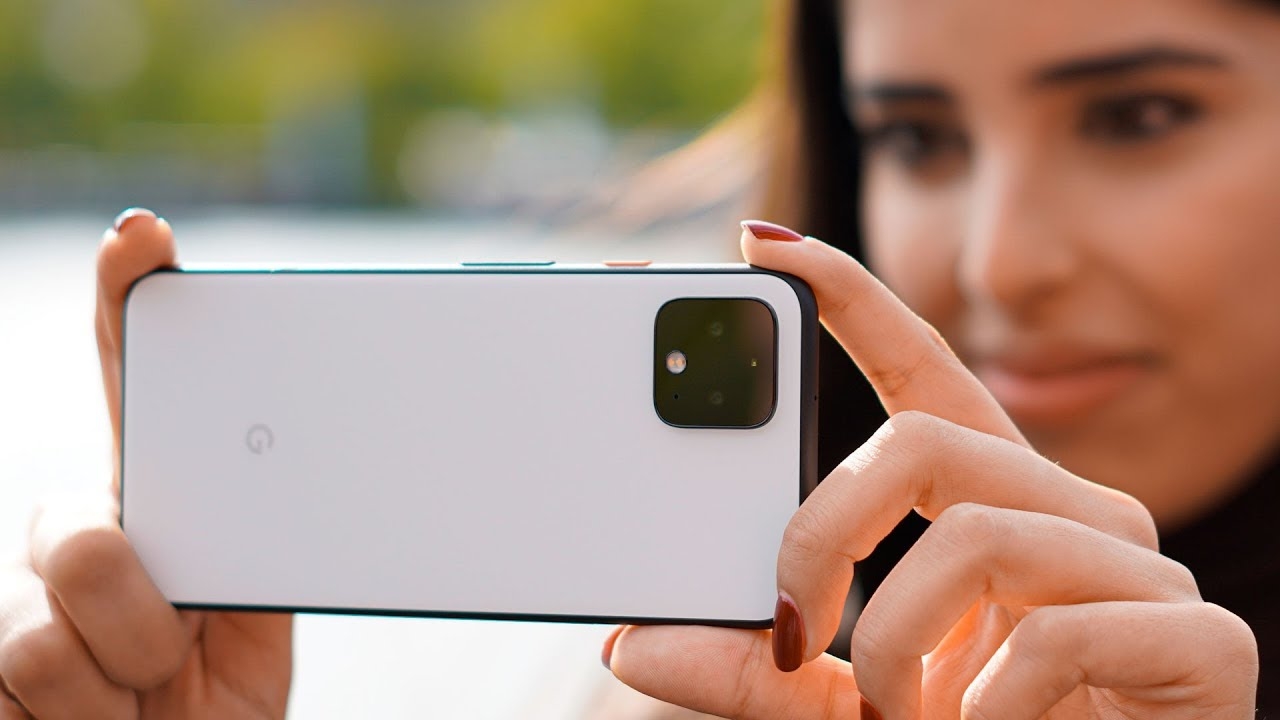While Google may be busy selling their Pixel 7 series of smartphones and perhaps working on their Pixel 8 lineup too, they’ve suddenly found themselves the target of a lawsuit from the US federal government along with seven US state governments over 2019’s Pixel 4.
According to the Federal Trade Commission, an independent agency of the US government that enforces civil antitrust law and consumer protection, they have announced lawsuits against Google and radio broadcast company iHeartMedia for airing a total of 29,000 ‘deceptive’ endorsements of the Pixel 4 across 2019 and 2020. The FTC is joined by the attorney general offices from Arizona, California, Georgia, Illinois, Massachusetts, New York and Texas in the lawsuit.
FTC, seven states sue Google and iHeartMedia for deceptive ads promoting the Pixel 4 smartphone: https://t.co/SL7h4ZpIag
— FTC (@FTC) November 28, 2022
Apparently, Google had hired iHeartMedia to get radio personalities and influencers promote the Pixel 4 on radio, getting them to say things like “It’s my favorite phone camera out there, especially in low light, thanks to Night Sight Mode,” “I’ve been taking studio-like photos of everything,” and “It’s also great at helping me get stuff done, thanks to the new voice activated Google Assistant that can handle multiple tasks at once.”
It seemed normal enough, but Google apparently forgot to also provide these influencers with actual Pixel 4s before recording these lines, and so they never actually did own or use the phone beforehand. As such, the FTC considers Google and iHeartMedia to have broken truth-in-advertising rules.

“It is common sense that people put more stock in first-hand experiences. Consumers expect radio advertisements to be truthful and transparent about products, not misleading with fake endorsements.
Today’s settlement holds Google and iHeart accountable for this deceptive ad campaign and ensures compliance with state and federal law moving forward,” – Maura Healey, Massachusetts Attorney General
The FTC adds that their lawsuit against Google and iHeartMedia is seeking roughly USD9.4 million in fines, as well as prohibiting Google and iHeartMedia from future misrepresentation that an endorser has owned or used certain products.






